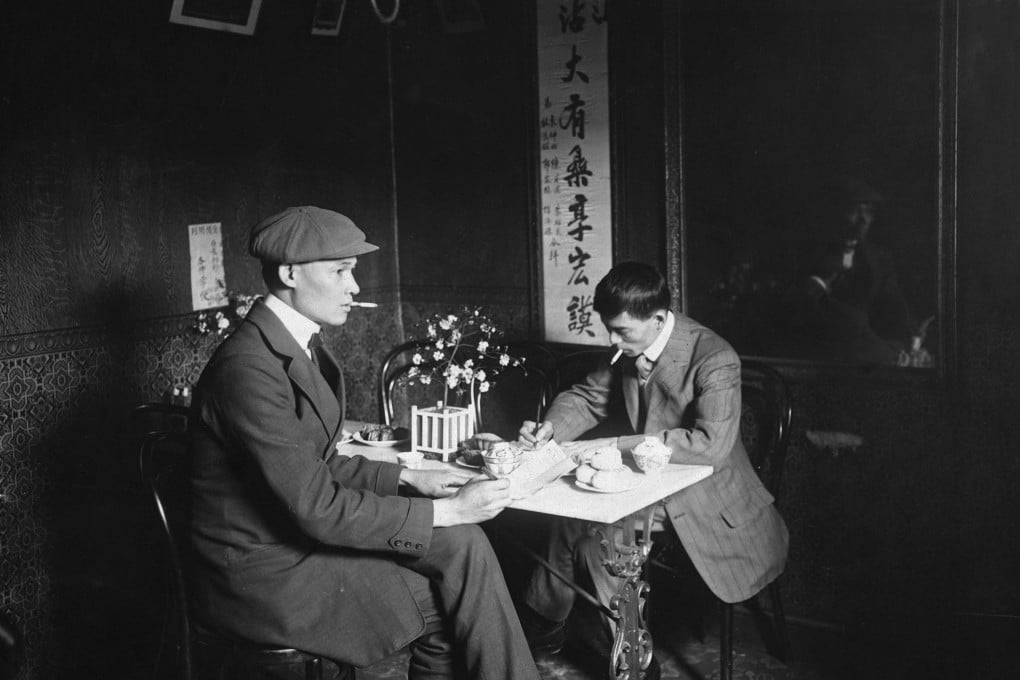Once upon a time in Chinatown: the struggles of London’s first Chinese migrants
- Stranded in a hostile land, the first Chinese to arrive in Britain set themselves up in Limehouse, East London, where they built a thriving community despite racism and loneliness

The earliest Chinese migrants to Britain were employed by the British East India Company. They arrived in the East London docklands in the 1780s, aboard merchant vessels carrying tea, ceramics and silk.
The ships docked in an area that was then known as Limehouse, a thriving, industrious entrepot and already the most cosmopolitan district in the most cosmopolitan city in the land. Among the few first-person accounts that exist from Chinese sailors of the period is an oral one given by Xie Qinggao, from the 1780s or 1790s. He reports being impressed by London’s wealth, its imposing buildings and, perhaps not surprisingly for a sailor, the ready availability of prostitutes.
“There was a big cultural mix,” says Clifford Pereira, visiting research assistant at the University of Hong Kong, who worked on the PortCities project in 2002-04, which investigated the origins of the Chinese community in London’s docklands. “If you visited a pub in Limehouse in this era, you were likely to be served by an Indian from Goa with Portuguese family connections or greeted by an Irish landlord with Scandinavian connections. It was a real melting pot.”

At 17 Pennyfields, once the centre of the Shanghainese community in Limehouse, a popular restaurant called Noodle Street is doing a steady trade in take-away dim sum. It has been open for 11 years, but has no connection to the area’s historical Chinatown. “We had no idea,” says manager Moon Trung. “It was a customer who told us this building used to be a pub in Chinatown.”
Many of the 18th century Shanghainese who likely frequented that pub would have been among the founders of London’s original and now largely forgotten Chinatown. (It was large-scale emigration from Hong Kong in the 1960s that led to the emergence of the current Soho Chinatown, in the West End.)
